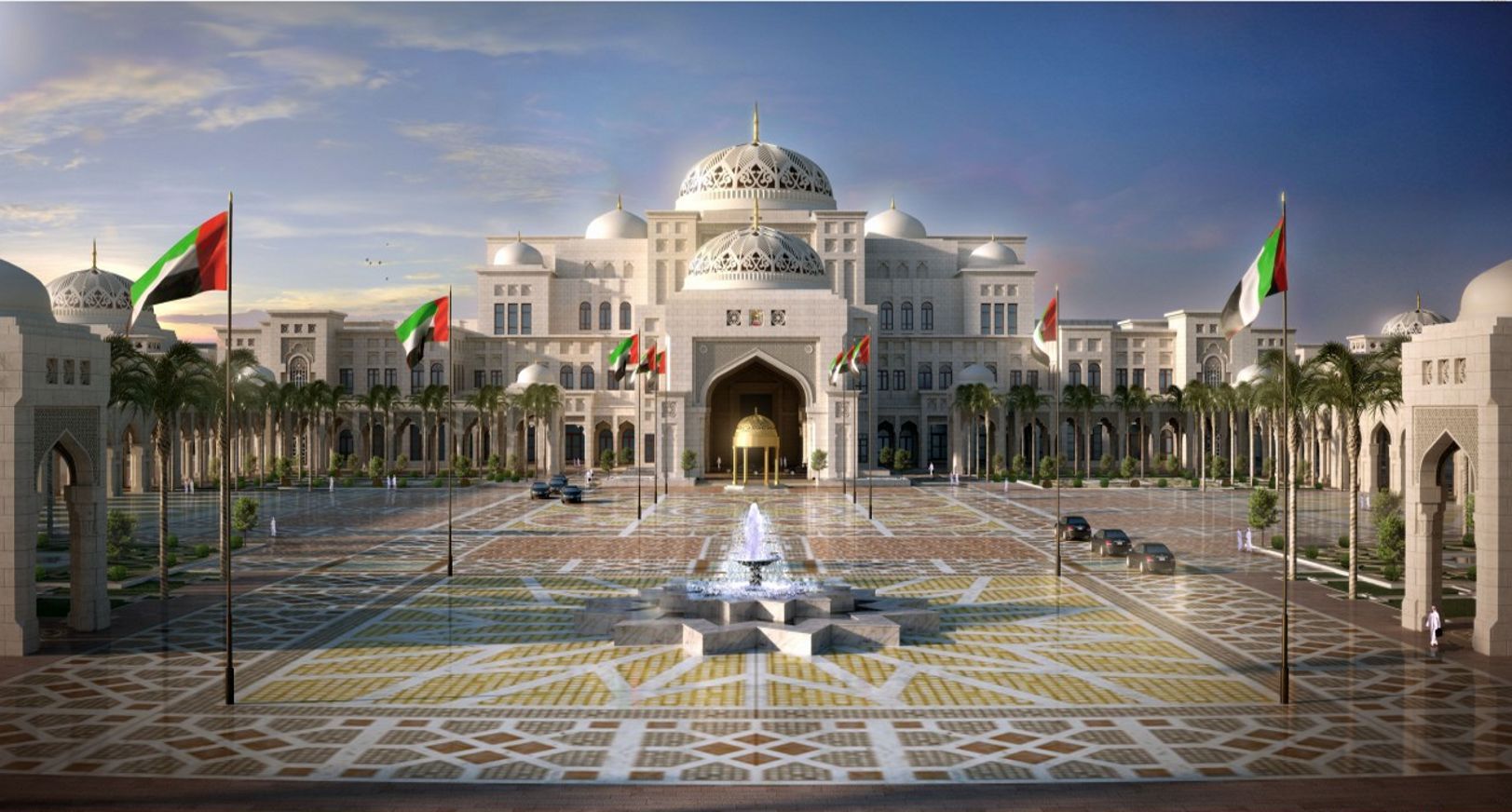In the last decade, the UAE has ascended as the main financial catalyst for the Gulf Cooperation Council’s (GCC) Africa ventures.
A recent report clarifies that the UAE was behind 88% of the GCC’s $1.2 billion investments in Africa from 2016 to 2021.
Moreover, the country has diversified its investments beyond the oil sector.
The 2007 financial crisis marked a pivotal change, making Western markets less appealing. Following that, the COVID-19 pandemic further accelerated this shift.
Consequently, by 2016, the UAE had invested $11 billion in Africa. Notably, this amount surpassed other GCC countries and was second only to China.

Strategic Location
Geographically, the Gulf’s strategic location provides an edge. Therefore, GCC countries focus on Africa’s infrastructure and trade.
Asia’s hefty investments in Africa offer further opportunities. For instance, China pledged $60 billion to Africa in 2018 alone.
Also, China increased its trade with Africa by 180% from 2010 to 2017.
Seizing this chance, the UAE utilized its robust port and shipping infrastructure. Hence, it became Africa’s largest GCC trading partner.
The UAE’s imports from Africa surged from $5 billion annually between 2010 and 2015 to $23.9 billion in 2016.
Clearly, Africa is growing in importance to the UAE’s trade. Project-wise, the UAE’s influence is expansive.
It includes major infrastructure projects like Ethiopia’s Bole International Airport and green projects like the World Bank-backed “Scaling Solar” initiative.
According to surveys, African executives foresee growth in fintech, healthcare, and agriculture.
However, 59% highlight infrastructure and regulations as significant challenges.
On the trade front, expansion opportunities exist between the GCC and Africa. The GCC, spearheaded by the UAE, primarily exports oil and petrochemicals to Africa.
In contrast, Africa mainly exports precious materials like gold and diamonds to the GCC.
UAE’s imports from Africa ballooned from $5 billion per year from 2010 to 2015 to almost $24 billion in 2016 alone.
Security
Security also plays a role. In 2017, both the UAE and Saudi Arabia committed sizable sums, $35.4 million and $118 million, respectively, for counterterrorism in West Africa.
Post-pandemic, the GCC is re-evaluating its focus. Now, food security and economic diversification stand out as new policy areas.
Accordingly, the GCC is looking to deepen its agricultural engagements with Africa.
In conclusion, UAE-led initiatives power Africa’s economy and solve broader issues like sustainability and security.
With efforts to surmount current challenges, a promising future for mutual growth seems likely.

